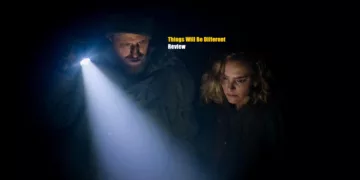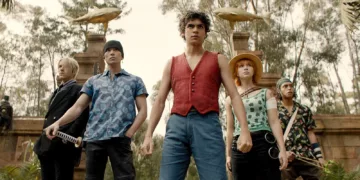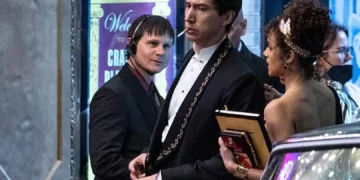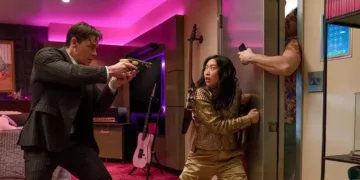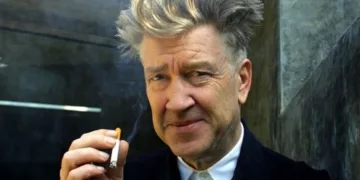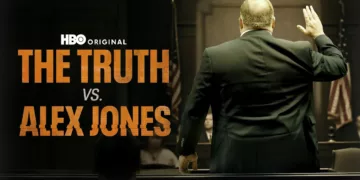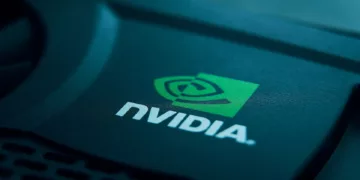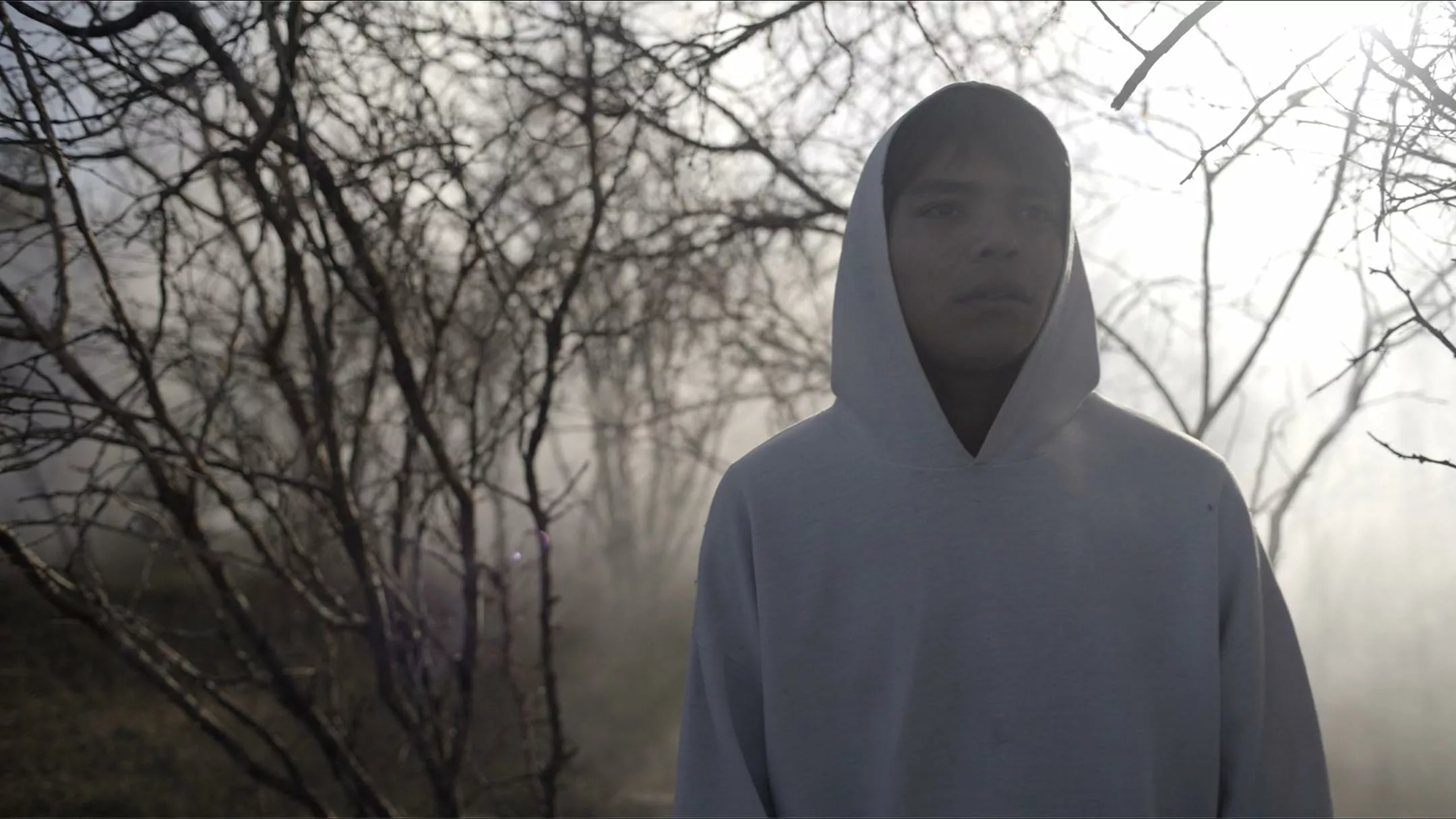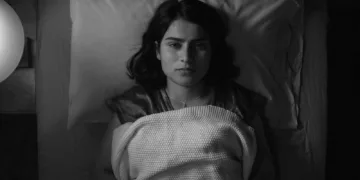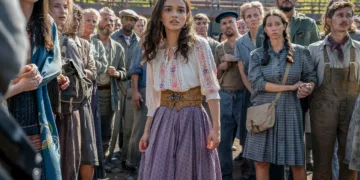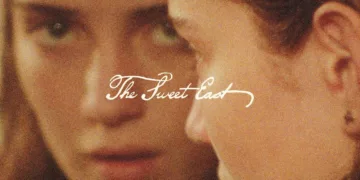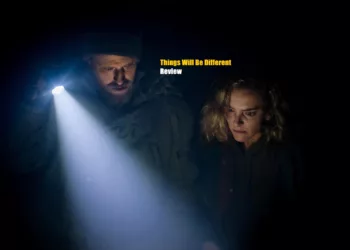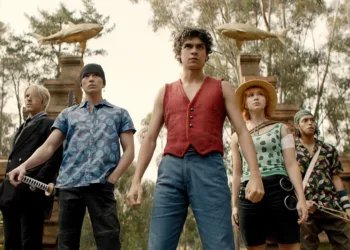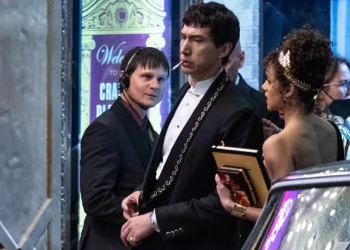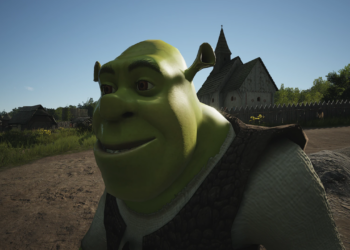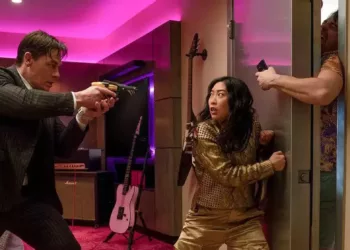You know how sometimes a movie comes along that really makes you think about stuff beyond just the plot? Sujo is that kind of flick. The filmmakers drew inspiration from real-life Mexican journalist Javier Valdez, who reported fearlessly on cartel violence before being killed for it in 2017.
Valdez gave a voice to people impacted by the drug wars that most media overlooked. His book The Taken, about disappeared victims, resonated with the directors. They wanted to spotlight perspectives missing from the usual crime genre fare – not the glamorized kingpins, but the youth who get sucked into that dangerous world through no fault of their own.
So rather than just show the bloody clashes, they focus on those left behind – the survivors and victims’ families. There’s this little boy Sujo who we first meet at age four after his dad, a cartel hitman, is murdered. Despite his innocence, the cartel wants him dead too in case he grows up seeking revenge. Heart-breaking stuff.
Through one child’s journey, the film explores how poverty and lack of options trap generations in cycles of violence. It’s a meditation on destiny versus free will. Can we escape the environment we’re born into? Do past sins leave stains? Heavy themes portrayed with poetic style and empathy.
Sundance crowds ate it up. Critics too. They praised the directors for trying something different – no cheap thrills or machismo, just hypnotic beauty. It’s a knockout if you’re up for something that sticks with you. Me, I’m still thinking about it days later. That’s the sign of an impactful film.
Tracking a Tough Upbringing
Man, little Sujo didn’t catch any breaks as a kid. When we first meet him, he’s just four years old riding with his pop, a cartel assassin called “El Ocho.” Dad steps out to whack a dude who turns out to be the big boss’s son – not a smart move. Next thing you know, El Ocho catches a bullet himself, leaving Sujo an orphan.
If that wasn’t traumatic enough, the cartel wants mini-Sujo dead too. They don’t want any sons seeking future revenge, ya dig? Fortunately his aunt Nemesia, who sees ghosts and stuff, begs the cartel to let her raise the boy way out in the sticks – no school or nothing.
So Sujo’s isolated childhood is spent in Nemesia’s shack, hanging with her friend Rosalia’s sons Jai and Jeremy. But you know boys – when they hit those teenage years, they go looking for trouble. Sujo, Jai and Jeremy start running errands for the local thugs against Nemesia’s wishes.
When the violence heats up, Nemesia sends a reluctant Sujo to Mexico City to escape the mess. He tries legit work, gets a shot at school with help from a kind teacher named Susan. But his homie Jeremy shows up one day and lures Sujo back into sketchy biz. Dude can’t seem to ditch the ghosts of his past.
That’s the gist of Sujo’s sad story. Ain’t exactly uplifting, but I gotta respect the directors for peeling back the curtain on lives touched by cartel madness. Dark stuff for sure, but told artfully.
More Than Your Average Crime Flick
You might expect a garden-variety gangster pic from the plot, but Sujo has loftier things on its mind. Legacy and destiny are big themes here – how much of our lives are written in stone versus free will? Can we escape the environment and history that created us? Heavy stuff.
The directors get artistic to explore these ideas. There’s a dreamy, magical aura at times with ghosts, witches, flickering fires – trippy visuals. And they divided things into four chapters, each named for someone who influenced Sujo’s path, from his deceased dad to his protective aunt.
They also made a bold choice not to splash the most brutal cartel violence across the screen. The kills all happen off-camera. We focus instead on those left to cope – mothers searching for missing children, orphaned sons struggling with no good options. The ripple effects.
This approach shows incredible empathy and humanity. Cinematography is deliberately beautiful too, even when themes turn dark. Actor Juan Jesús Varela also knocks it out of the park as teenage Sujo with his quietly stirring performance.
So in short, you get a rich blend here of gritty realism and poetic lyricism. The episodic structure kinda echoes the bumpy journey of Sujo’s early life. And it looks fantastic. This ain’t no run-of-the-mill crime flick or sob story. The filmmakers took some risks to craft a unique experience – and scored big in my book.
Shedding Light on Mexico’s Unseen Stories
You’ve gotta appreciate what Sujo brings to the table here. Mexico’s drug war gets plenty of media coverage, but this film captures angles most news misses. It puts human faces on the sufferers – not just body counts.
The directors actually found inspiration from reporter Javier Valdez, who was assassinated after covering cartel victims for years. Dude was fearless shining a light on disappeared migrants and everyday folks tormented by violence. Sujo carries that torch of understanding.
Through one young man’s journey, the movie reveals how the bloodshed ripples outward, affecting kids far from the frontlines. Kids with potential, sucked into crime by poverty and lack of options. It’s a perspective you rarely get on screen.
I also dig how it shows the lurking danger reaching Mexico City’s middle class. The main characters think they’re at a safe remove until the past shows up unannounced. Goes to show how far the tentacles of organized crime reach these days.
For me, Sujo sparks bigger questions about what fuels the endless cycles – political corruption, income disparity, lack of educational access? And whether upbringing seals one’s fate more than individual willpower. Somber stuff, artfully rendered. Definitely leaves you mulling solutions. We could use more thought-provoking cinema like this.
The Wrap-Up
If you couldn’t tell by now, I’m pretty jazzed about Sujo. This atmospheric portrait sucks you into a young man’s battle with destiny as he tries overcoming his sicario father’s violent legacy.
The directing duo behind it caught lots of eyes with their previous award-winner Identifying Features. And they keep upping their game here with a stylistic knockout. Hypnotic visuals, empathetic perspective, strong acting – it’s all solid.
I appreciate how they pivot from finger-pointing at individuals to critiquing the cycles and structures that fail young people in Mexico. Poverty, lack of education, political corruption that empowers cartels – it’s all connected. Simple but tragic.
The story brings a dash more inspiration than their last joint, but still leaves that haunting imprint. And lead actor Juan Jesús Varela continues to shine under their wing. Definitely an emerging talent to watch.
So if you couldn’t already tell, I say two enthusiastic thumbs up for Sujo from the fast-rising directorial dream team of Valadez and Rondero. It may not thrill those seeking action-packed gang violence, but open-minded film lovers will find a new modern classic here. Don’t sleep on this one – it deserves an engaged audience.
The Review
Sujo
Sujo is a lyrically crafted, empathetically told coming-of-age story exploring cycles of violence and destiny through a haunting lens. Though its episodic narrative has some uneven moments, talented directors Valadez and Rondero fill the film with poetic visuals and penetrating questions about the societal forces shaping Mexico's disenfranchised youth. Carried by Juan Jesús Varela's understated lead performance, Sujo emerges as a mesmerizing cri de coeur announcing its makers as essential voices in Latin American cinema.
PROS
- Hypnotic cinematography and visual style
- Empathetic perspective on overlooked lives impacted by cartel violence
- Juan Jesús Varela delivers strong, emotionally subtle lead performance
- Poetic and lyrical tone balanced with gritty realism
- Thematic depth exploring legacy, destiny, and social issues
CONS
- Episodic narrative structure feels uneven in places
- Coming-of-age storyline can seem rushed
- Realistic closure remains open to interpretation
- Pacing drags at times between dramatic high points

